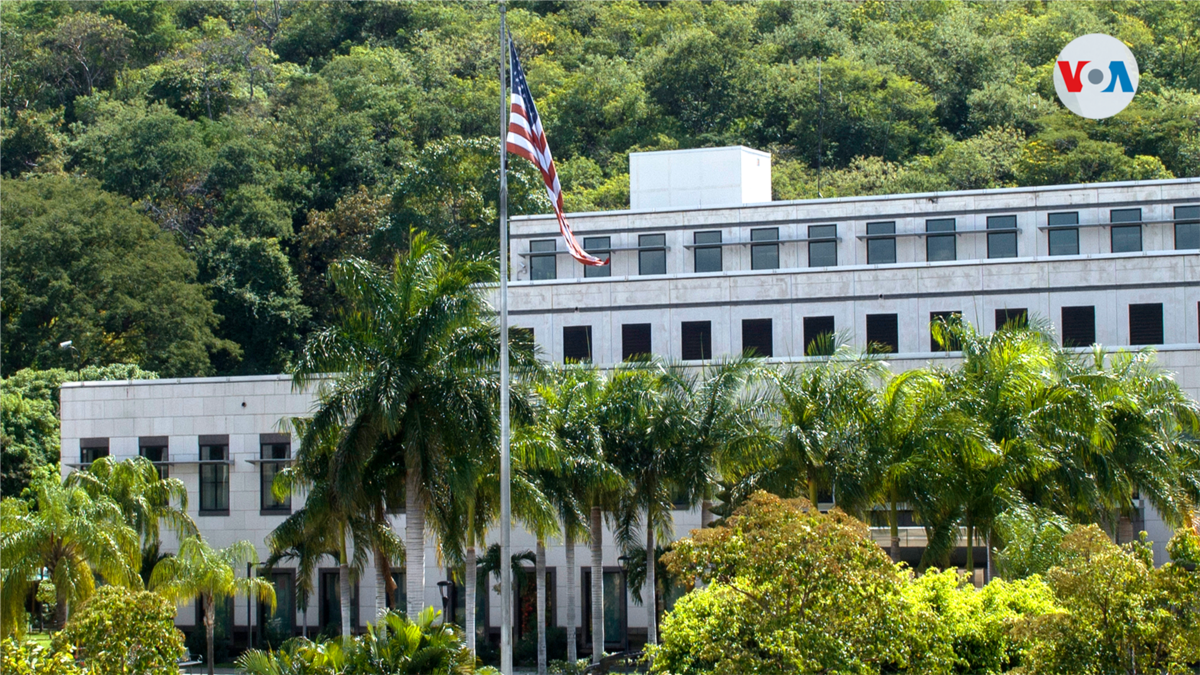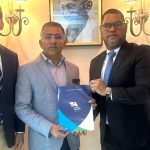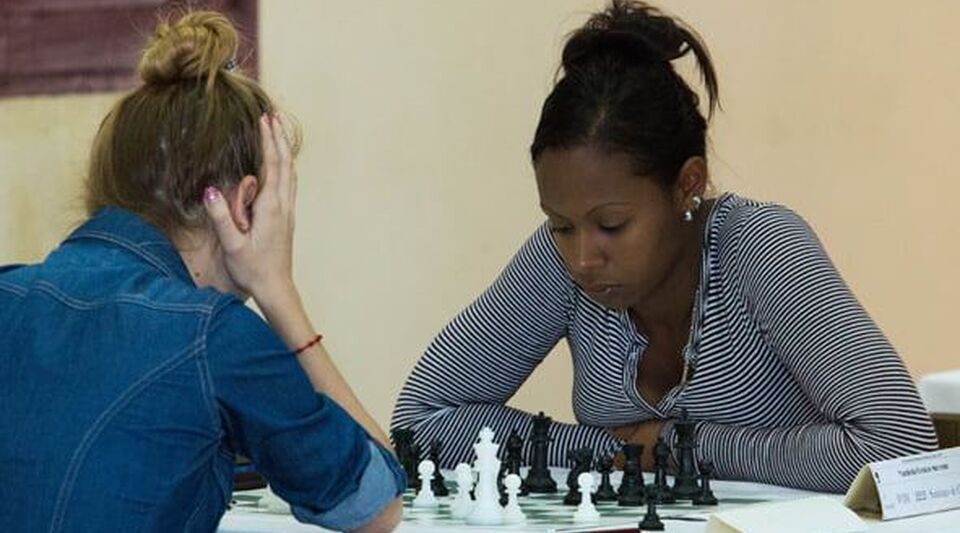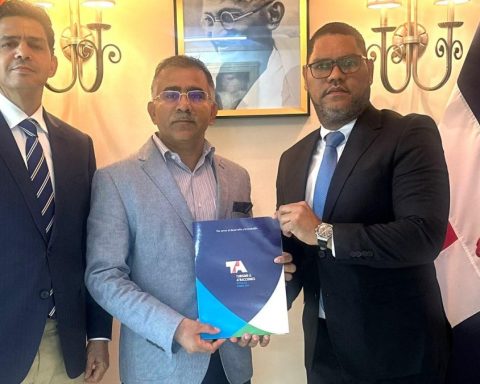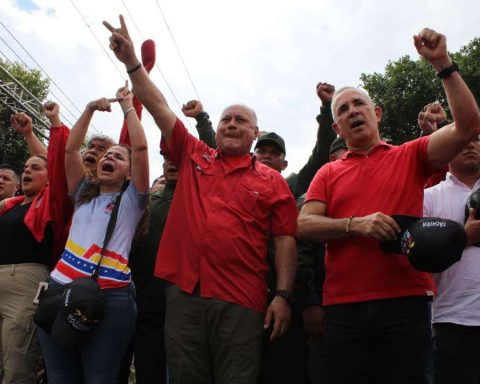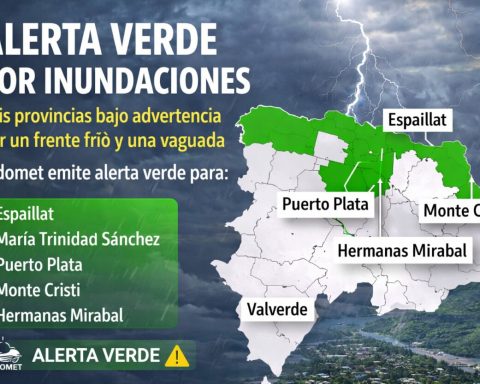Nicaragua is the Central American country with the lowest approval of B1 and B2 tourist visas, according to figures of the office of consular affairs.
In 2022, 16,029 B1 and B2 visas were approved for Nicaraguans, a relatively low figure compared to its neighboring country Costa Rica, with 64,221 in the same period.
On the other hand, Nicaragua, in general, heads the list of denial of type “B” visas in the Central American region, with 50.81%; followed by El Salvador, with 45.46% and Honduras, with 30.47%.
The United States offers more than 20 types of non-immigrant visas for people who travel to this country temporarily; in the case of B1 and B2 it is granted for business and tourism.
Under US law, there are many standards under which a visa application may be denied, such as the fact that a consular officer does not have all the information required to determine whether the applicant is eligible to receive it, or that the applicant does not qualify for the visa category for which you applied.
Another reason for the person to be “ineligible” is due to current and/or past actions of an applicant, such as drugs or criminal activities, for example.
Nicaragua is the largest country in Central America with just over 6 million inhabitants, according to the most recent census. Panama, which is the least populated country, with 4.4 million inhabitants representing 8.9% of the total population of the isthmus, is above Managua in terms of visa approval.
In the year 2022, Panamanian citizens received 18,288 B1 and B2 visa approvals; while Nicaragua: 16,029.
Does the political landscape influence?
Analysts believe that one reason why Nicaragua is below the rest of the Central American countries in terms of visas is due to its political crisis that began in 2018, which has repercussions on the economy.
“People who reside in Nicaragua cannot always prove economic ties and cannot qualify because they are not going to have assets, enough money in the banks and we also have the political situation,” he explained to the voice of americaAstrid Montealegre, lawyer and collaborator of the Nicaraguan American Human Rights Alliance (NAHRA) foundation.
The VOA requested a request for comment from the State Department on this issue and noted that all visa applications are adjudicated on a case-by-case basis.
They also indicated that consular officers deny visa applications if an applicant is found to be ineligible under the Immigration and Nationality Act or other provisions of United States law.
The cost to apply for a US visa for business or tourism (B1, B2 and BCC) is 160 dollars, however as of May 30, 2023 it will increase to 185 dollars.
Other options
But although tourist visa approvals for Nicaraguans are low in relation to the rest of the Central American countries, experts in migration issues say that there is an advantage, such as the option of applying for a humanitarian parole.
Jorge López, for example, is a Nicaraguan who was able to reunite with two of his brothers through the humanitarian parole. Lopez explained to the VOA what to them they had been denied a visa in Managua and there was no way to meet again “regularly” with them.
“Many of the people who applied for a tourist visa and were denied could qualify for asylum due to political or religious persecution, in other countries these possibilities do not exist and the only one is the tourist visa,” he says in this regard. Montealegre, from NAHRA.
Since the humanitarian parole came into force until March, some 7,500 Nicaraguans have entered the United Statesaccording to figures obtained by the Voice of America.
Connect with the Voice of America! Subscribe to our channel Youtube and activate notifications, or follow us on social networks: Facebook, Twitter and instagram.
